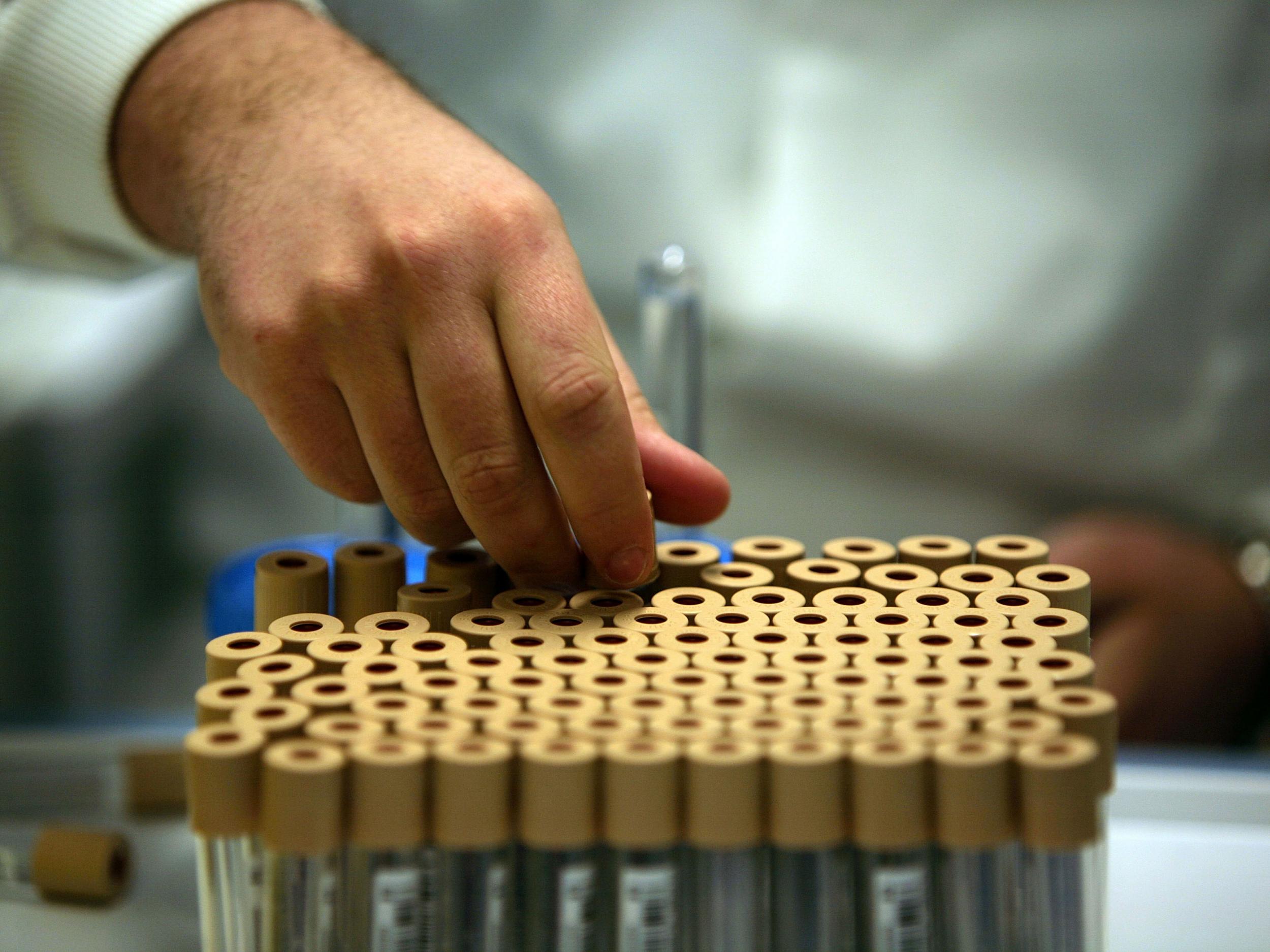The Independent's journalism is supported by our readers. When you purchase through links on our site, we may earn commission.
Scientists spark controversy with secretive meeting about creating synthetic human DNA
The apparent goal of the meeting to discuss ways artifical human genomes could be produced 'within a period of 10 years'

A group of scientists have held a secret meeting at Harvard University to discuss the artificial production of human DNA, it has been revealed.
The 10 May meeting, which involved around 150 people, took place behind closed doors at Harvard Medical School, the New York Times reported. The attendees were reportedly told not to discuss the meeting with the press or on social media.
The goal of the meeting, according to invitations sent to attendees, was to look at how the synthesis of a complete human genome could be completed "within a period of 10 years".
Such a discovery would theoretically allow scientists to 'produce' human beings with no biological parents through processes like cloning. As a result, the meeting has stoked controvery in the scientific community.
Writing for Cosmos magazine, researchers Drew Endy and Laurie Zoloth warned: "Could scientists synthesise a modified human genome that is resistant to all natural viruses? They likely could, for purely beneficial purposes, but what if others then sought to synthesise modified viruses that overcame such resistance? Might doing so start a genome-engineering arms race?"
Criticising the meeting's secretive nature, they continued: "The creation of new human life is one of the last human-associated processes that has not yet been industrialised or fully commodified. It remains an act of faith, joy and hope."
"Discussions to synthesise, for the first time, a human genome, should not occur in closed rooms," they concluded.
However, George Church, a Harvard genetics professor and one of the event's organisers, said it had been misunderstood - the meeting was kept from the public because a paper on it had been submitted to a journal, meaning open discussion of its contents was not allowed, the New York Times said.
He also told the paper that the meeting was focused on creating cells, not humans, and was aimed at exploring DNA synthesis in general.
Regardless of its intentions, the reproduction of human DNA may be feasible within decades. Thanks to new techniques, the cost of assembling a base pair of DNA has dropped from $4 per pair to just $0.03 in a few years.
This still puts the price of building an entire human genome at $90m (£62m), but the figure is still dropping. The controversy over the Harvard meeting was temporary, but expect the issues raised to become more relevant in the coming years.
Join our commenting forum
Join thought-provoking conversations, follow other Independent readers and see their replies
Comments
Bookmark popover
Removed from bookmarks